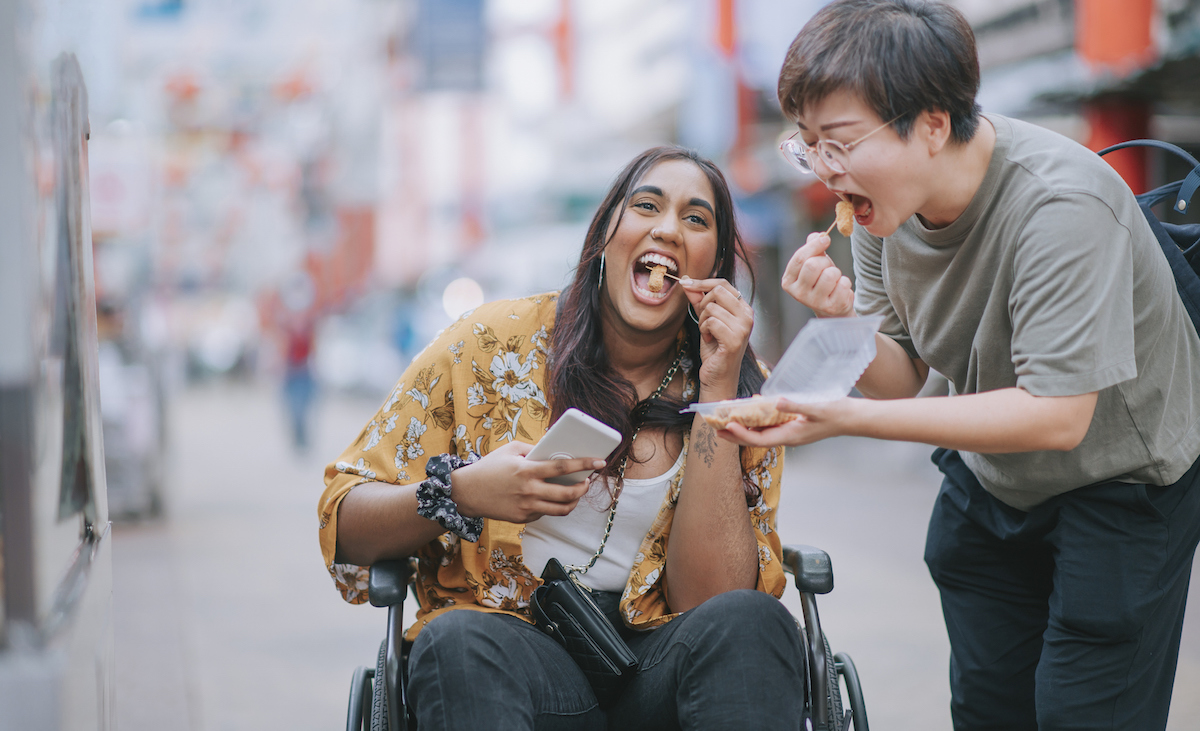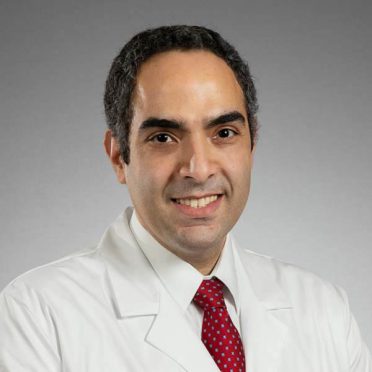Mochi is a traditional Japanese dessert served to celebrate the New Year. The sticky, sweet treat is also a known choking hazard, contributing to the death of four Japanese women in their 80s last month.
The dessert is such a common cause of choking, that authorities in Japan have a campaign every year to warn about the dangers of mochi — especially for the elderly.
“Mochi is a stress test when it comes to dysphagia,” said gastroenterologist Dr. Amir Masoud with the Neurogastroenterology and Motility Center at St. Vincent’s Medical Center in Bridgeport. “It is probably the hardest thing to swallow when talking about esophageal coordination and oropharyngeal coordination.”
Hartford HealthCare’s Jocelyn Maminta recently spoke with Dr. Masoud about dysphagia, or difficulty swallowing, and why elderly individuals are particularly susceptible to choking.
“There are several factors as to why the elderly are at a higher risk for dysphagia,” Dr. Masoud said. “With age comes some changes, such as dentition, so chewing is a little bit compromised. We know that the tongue becomes hypertrophic, so it becomes a little bit larger and there’s less room to get food down. There is also a higher incidence of stroke and neurological complaints like Parkinson’s disease and Alzheimer’s.”
While the obvious sign of dysphagia is difficulty swallowing, it often can be difficult to detect in the elderly, especially those with cognitive decline.
“We have to look at portion sizes, what they are eating and what is left on the plate,” Dr. Masoud said. “Weight loss and nutritional status are good signs. It comes down to what the person can eat. They may have subtle changes in diet that happen over months or even years.”
Treatment for dysphagia depends on the type, which is either categorized as esophageal or oropharyngeal. Patients with oropharyngeal dysphagia can work with a speech-language pathologist on various exercises to help strengthen swallowing muscles. Esophageal dysphagia has many treatment options including dilation to stretch the esophagus, medication and surgery.
Regardless of the type of dysphagia, elderly individuals and their caretakers need to pay attention to how they are eating to reduce the risk of choking.
“I tell people to do most of the work before you get the food into your mouth,” Dr. Masoud said. “Cut your food into tiny little pieces. Sip water after every bite.”



